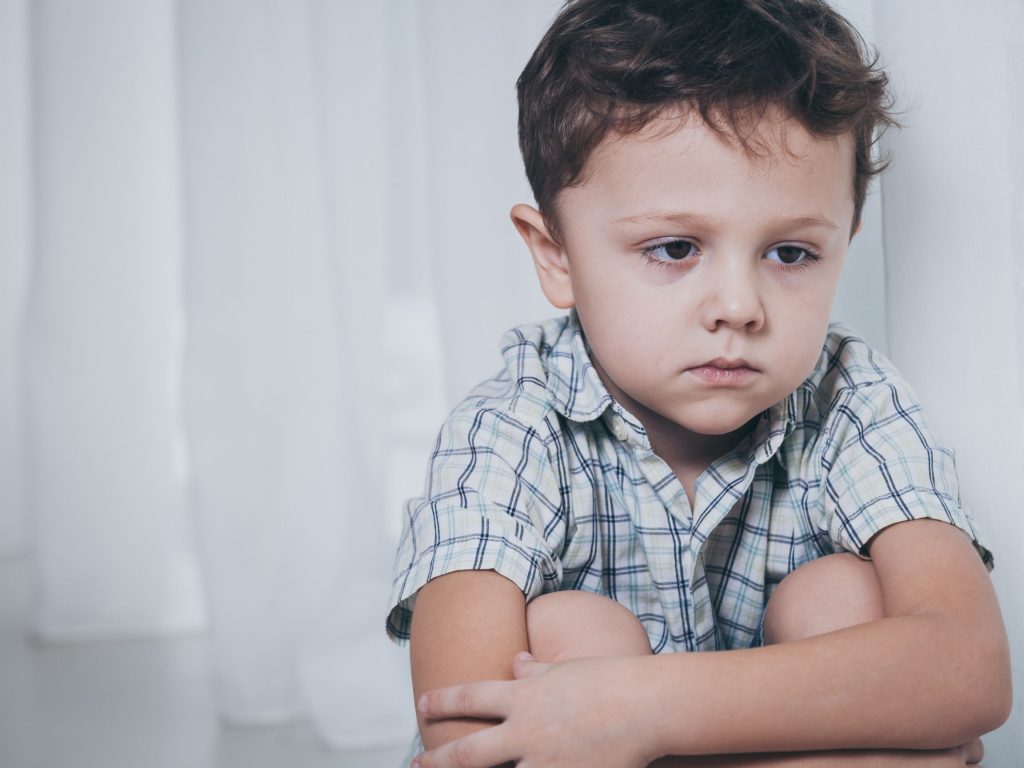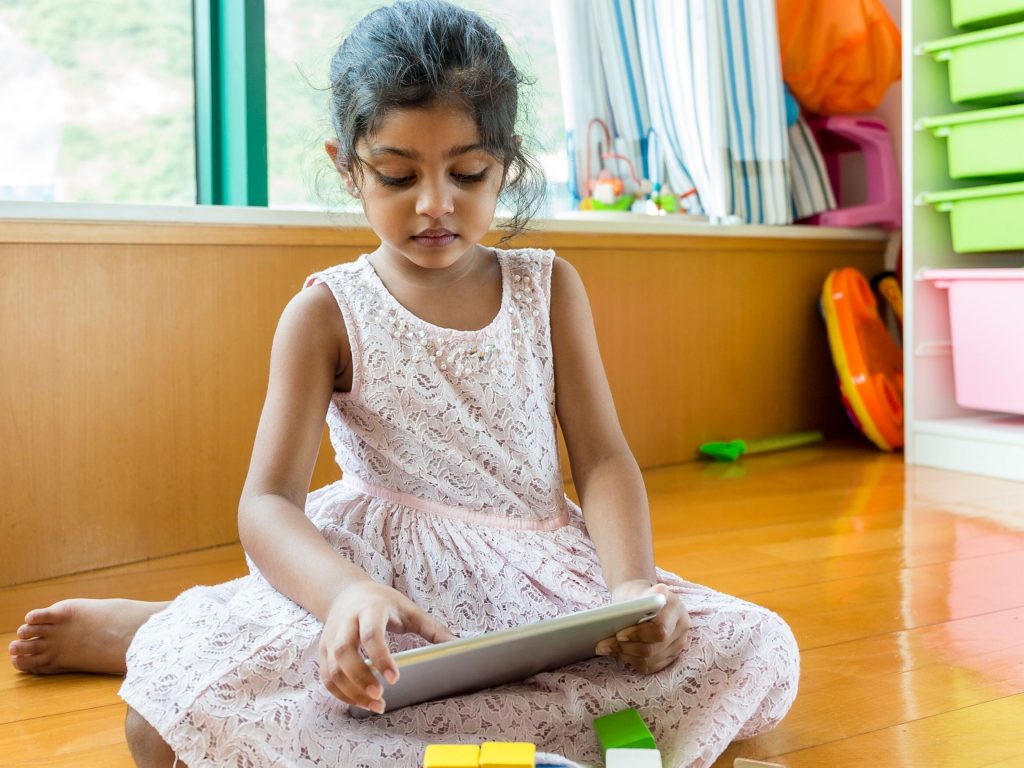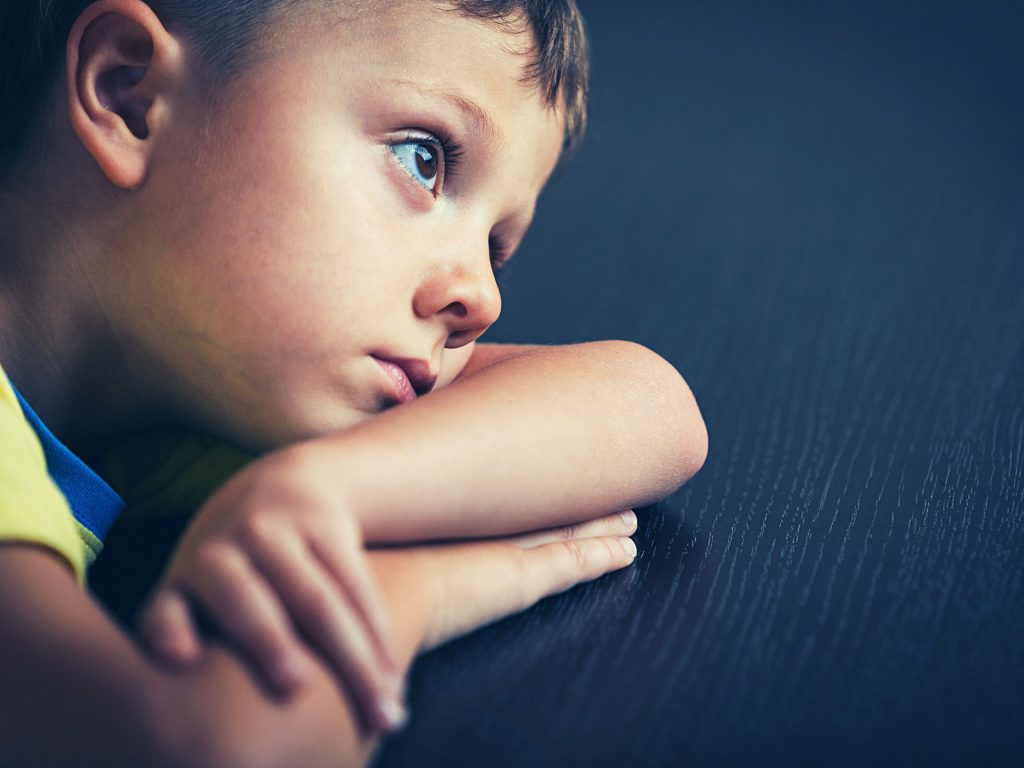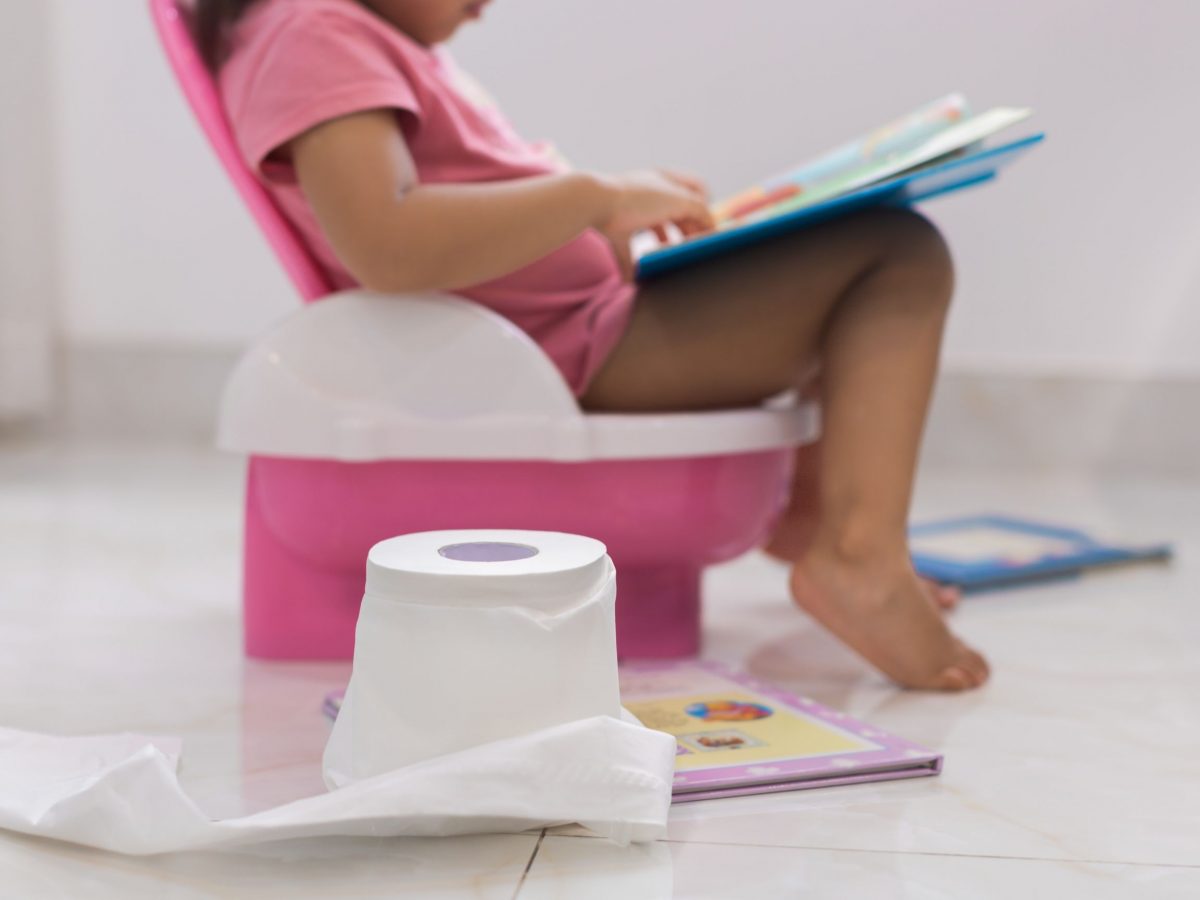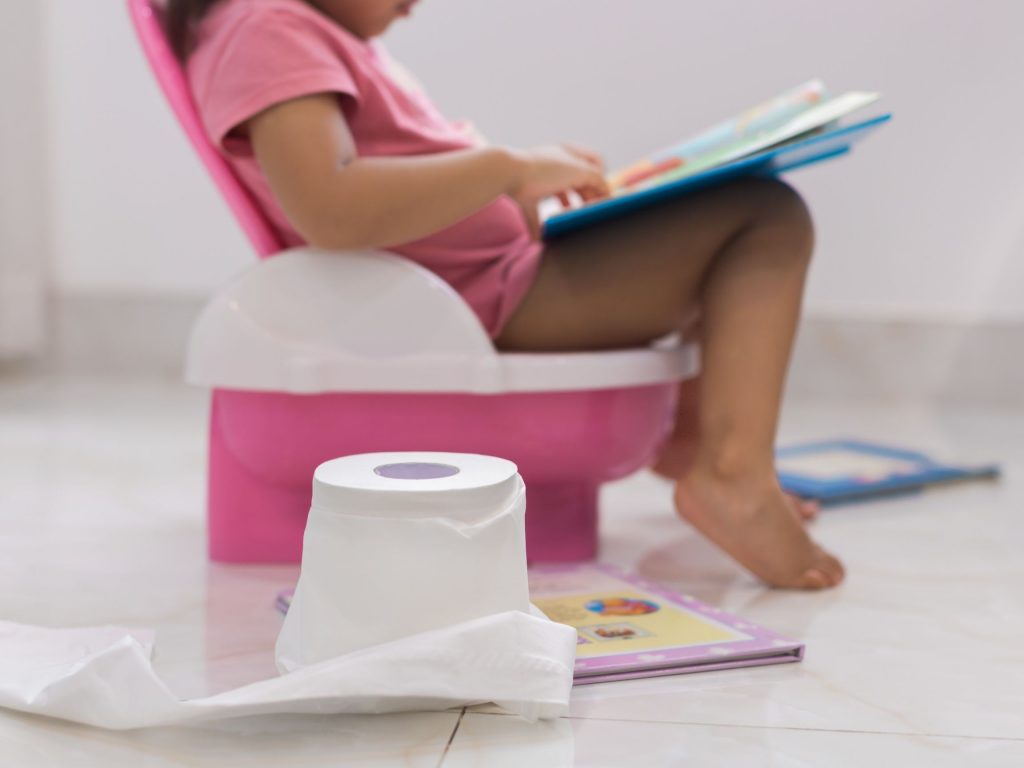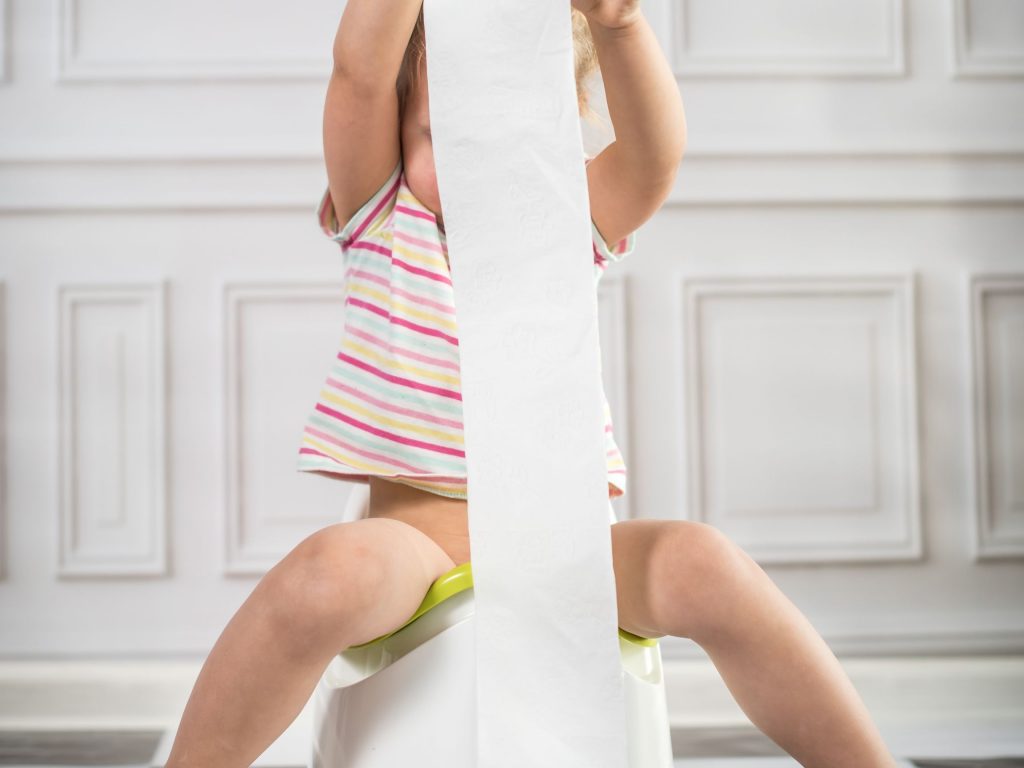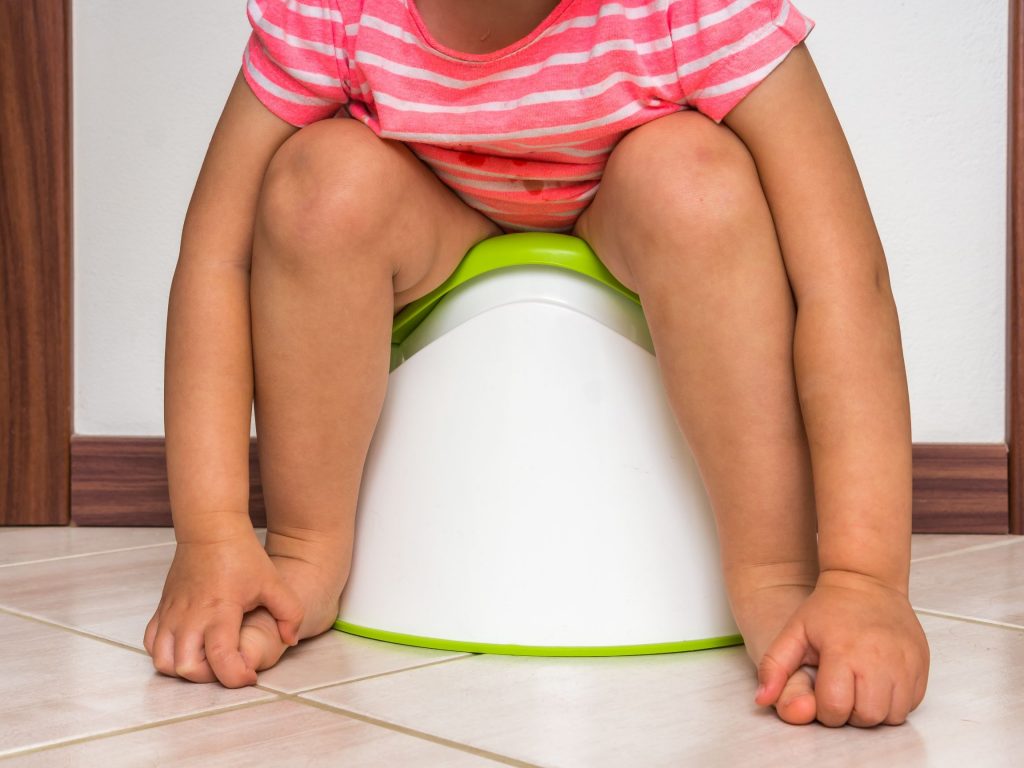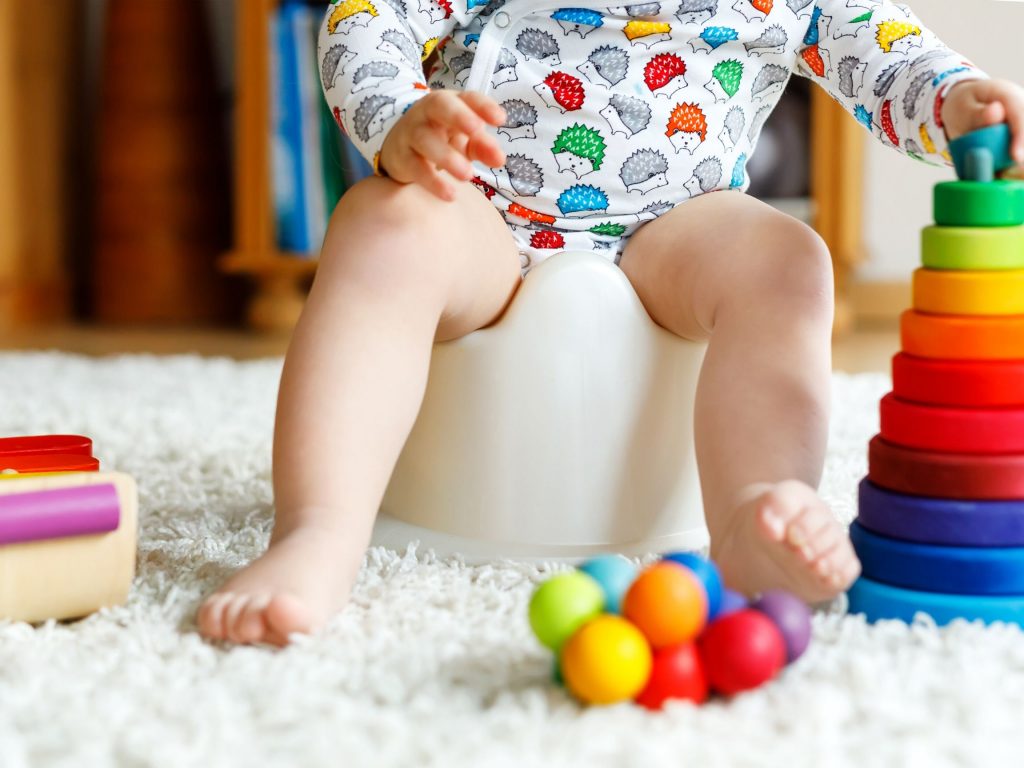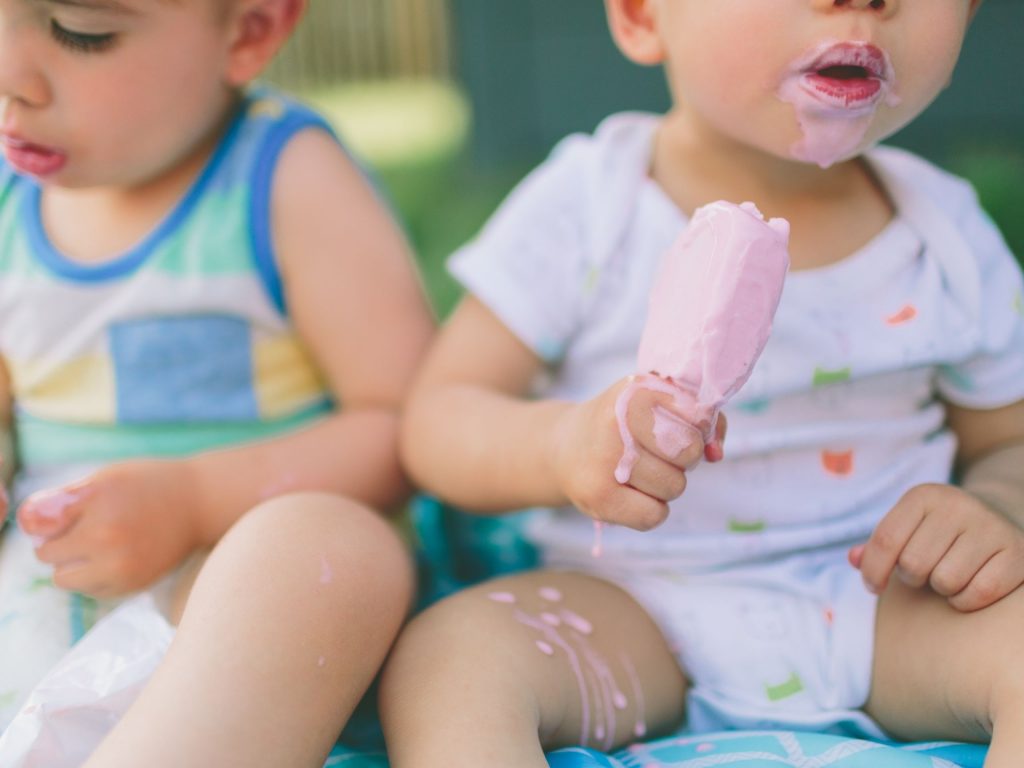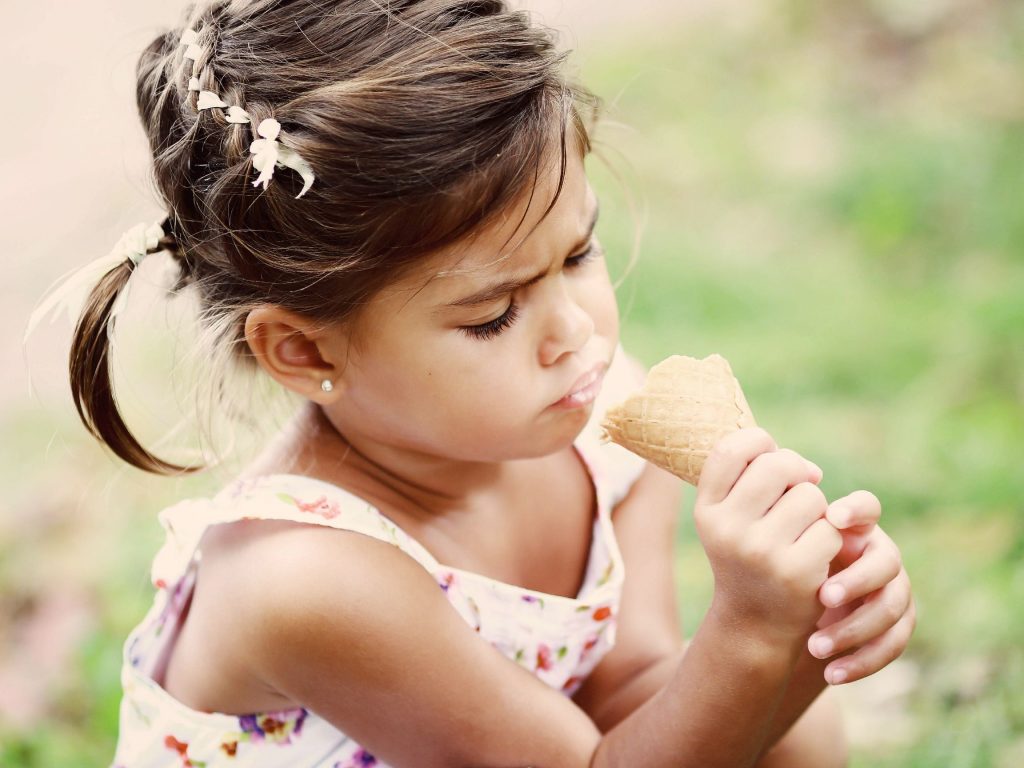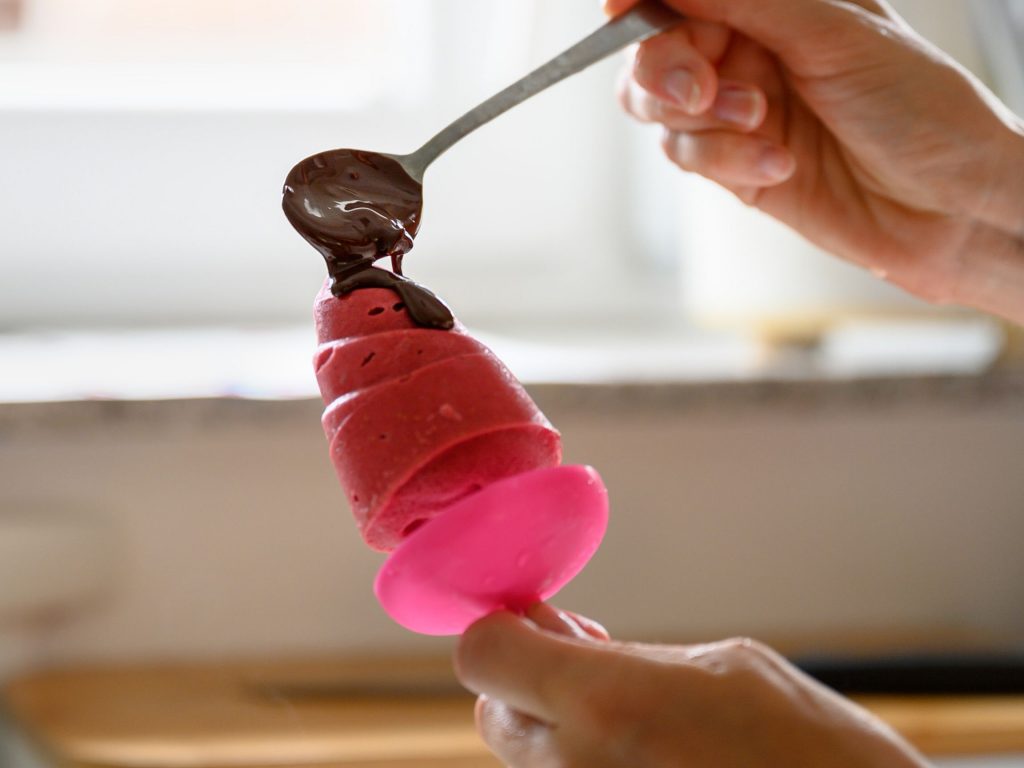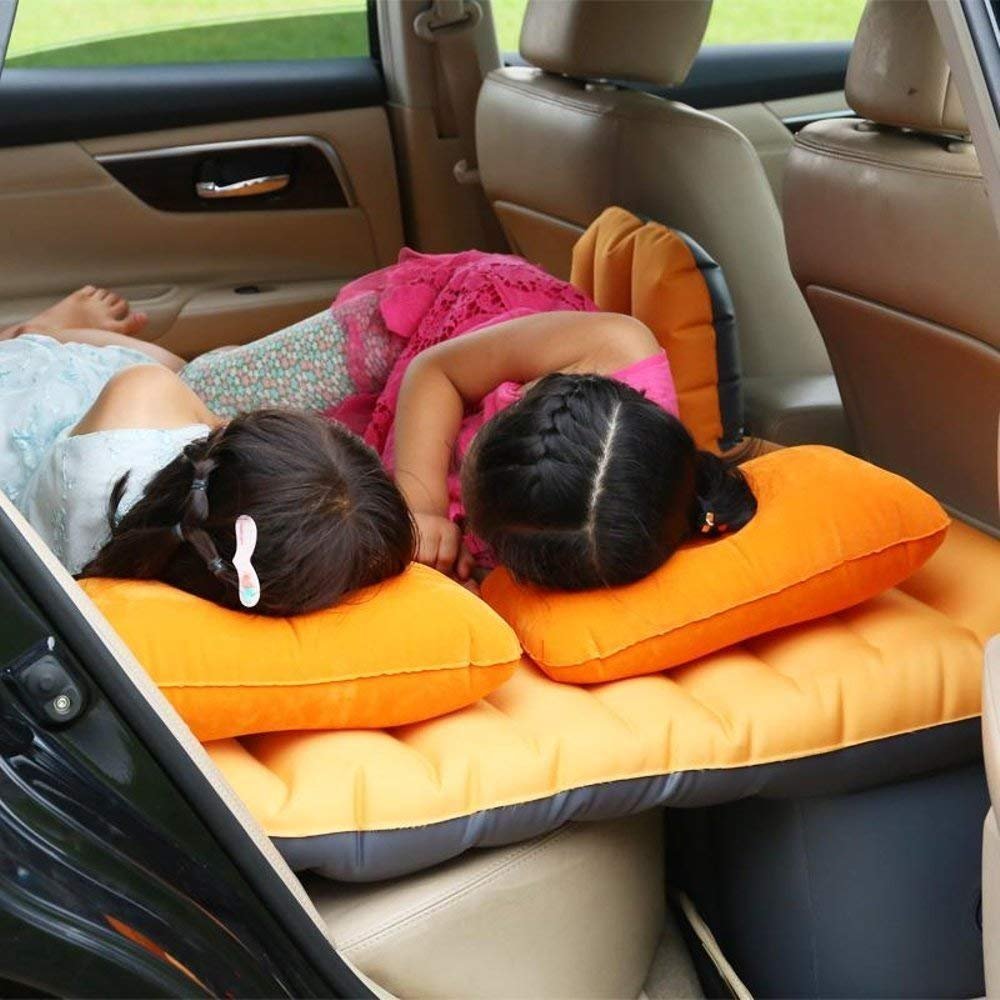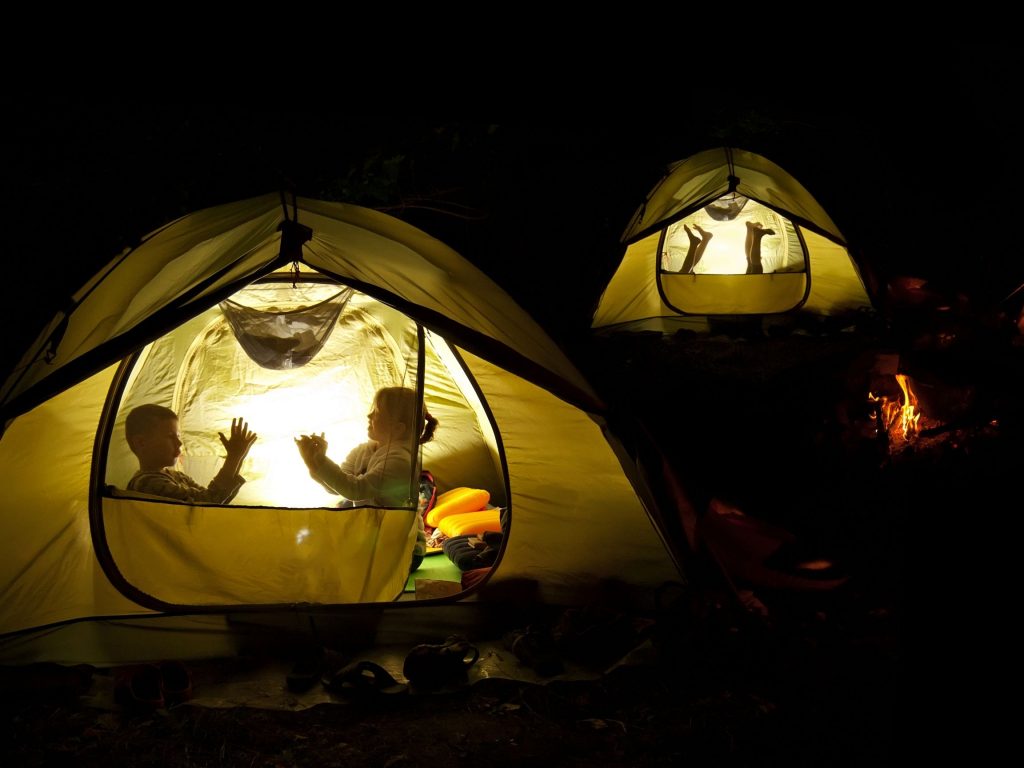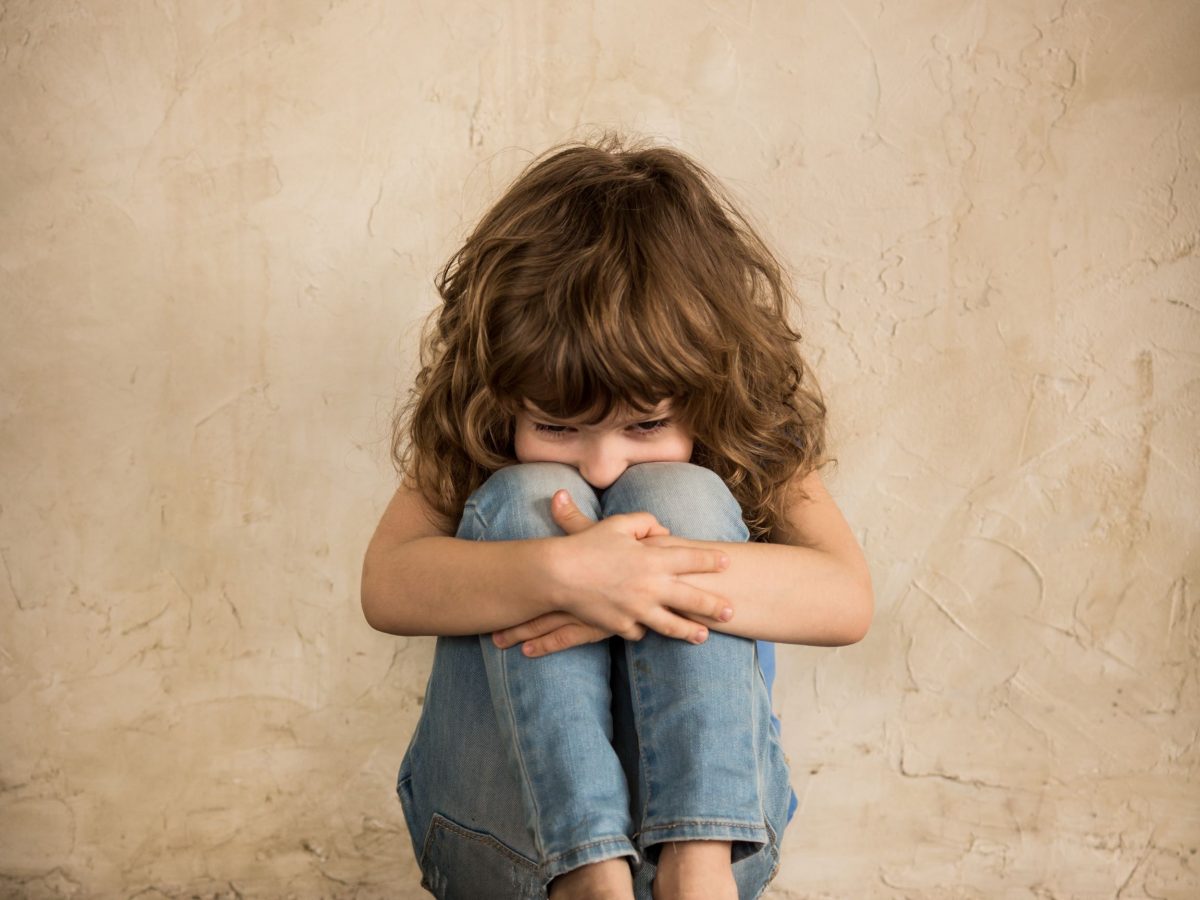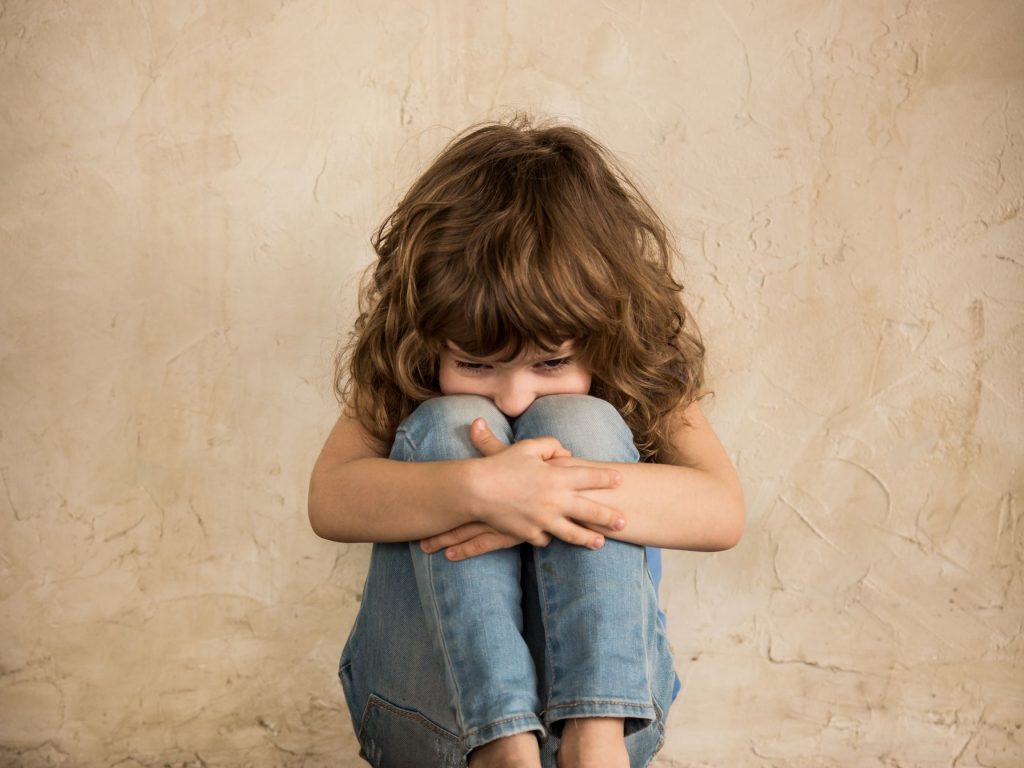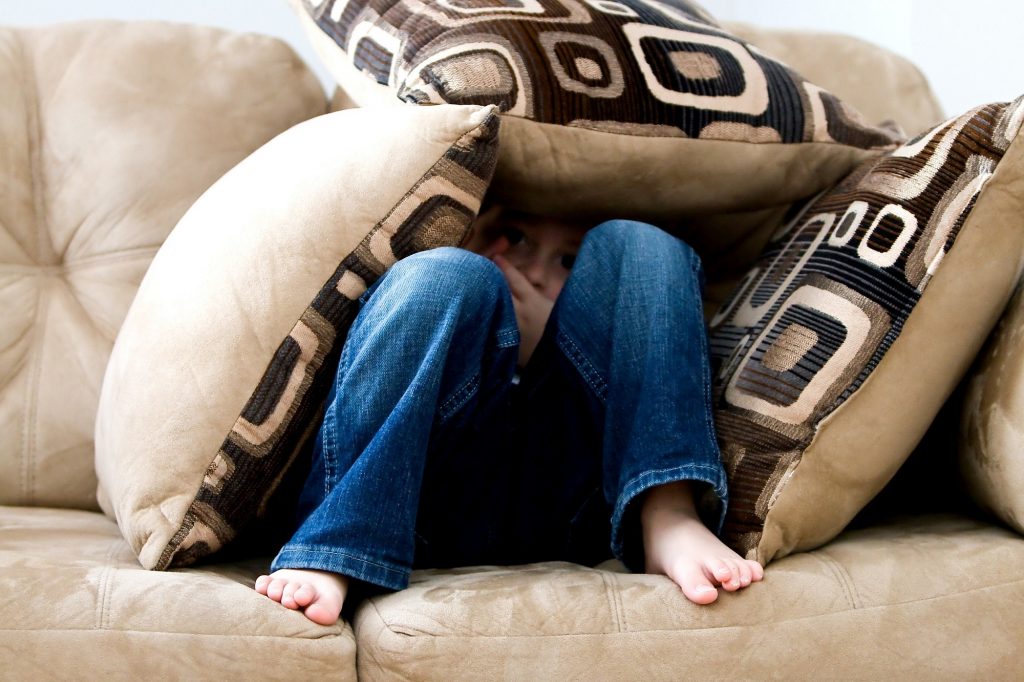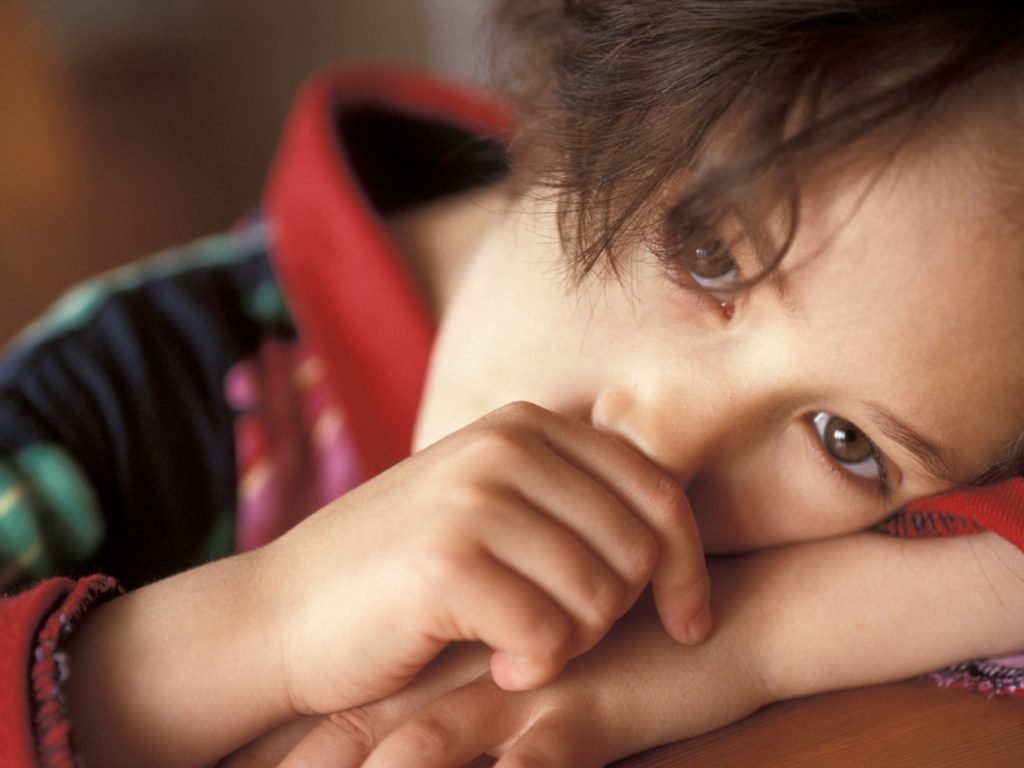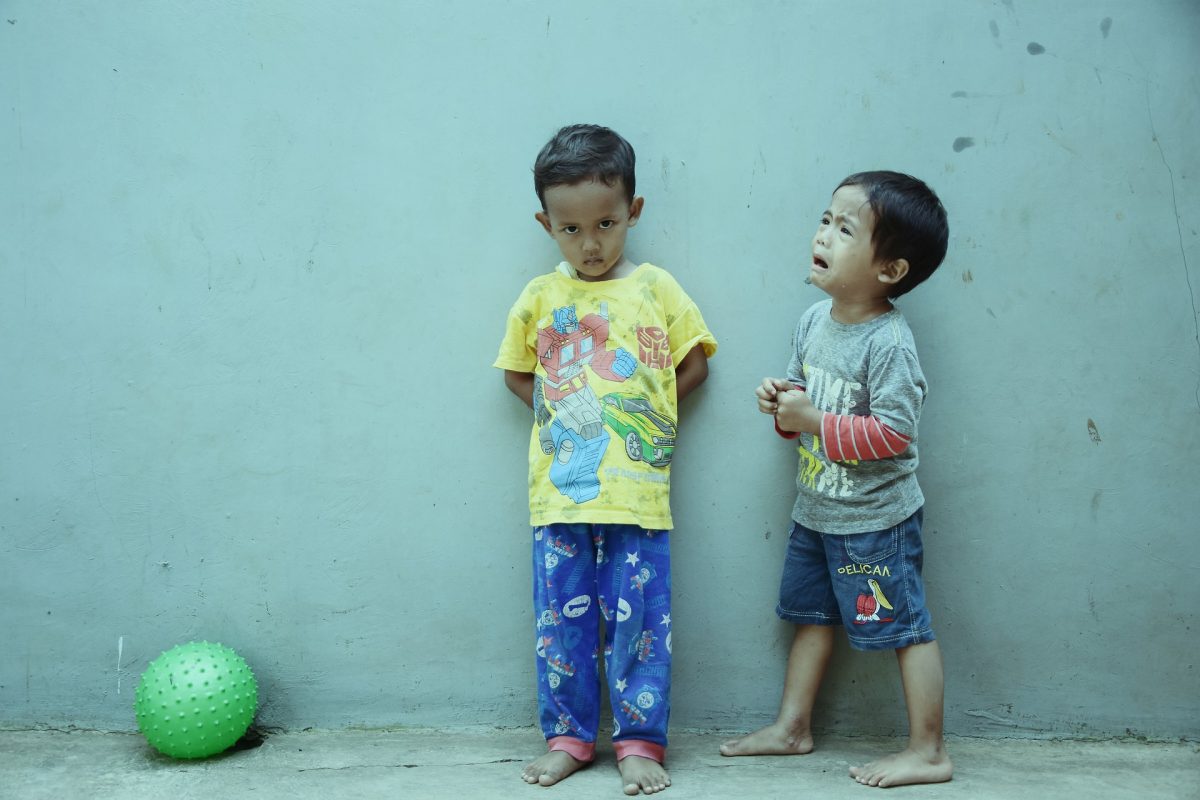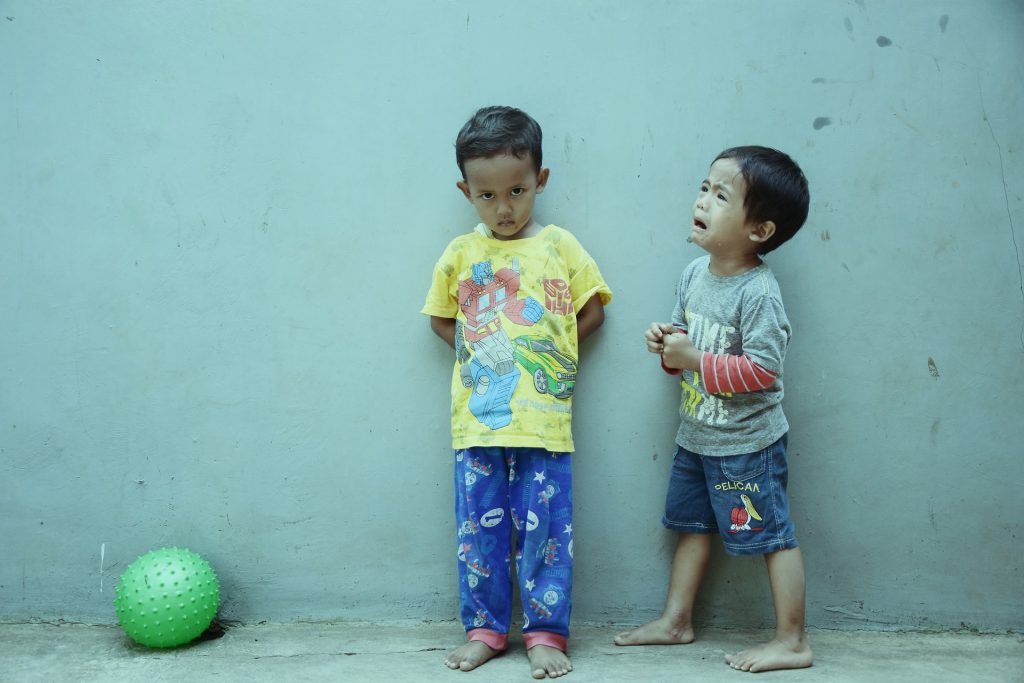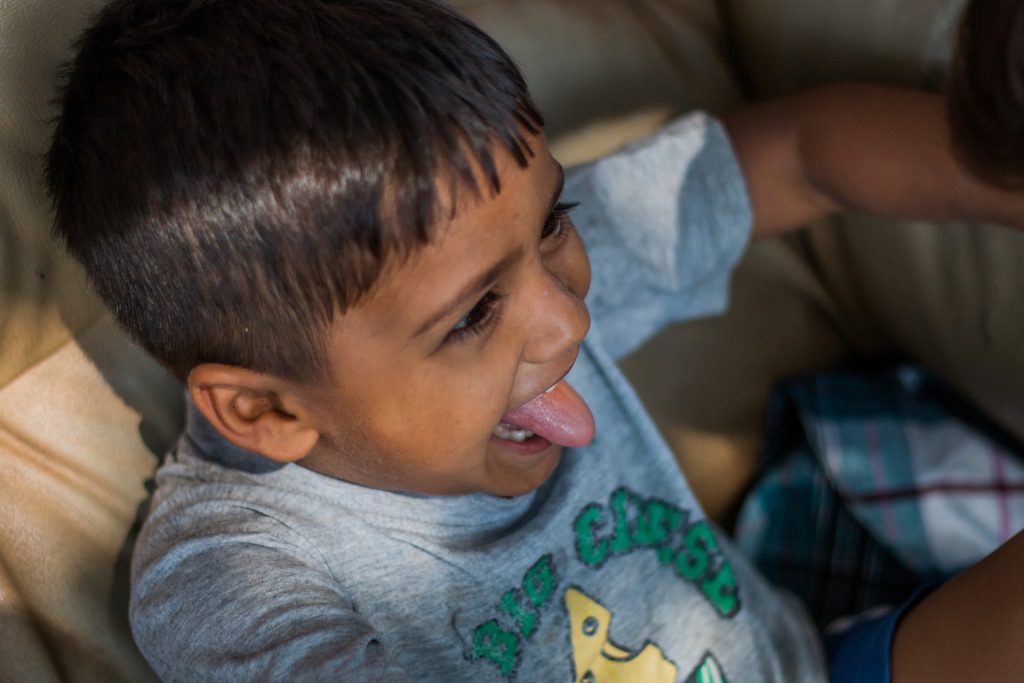Being a mother is the biggest gift from nature. But dealing with working mom guilt can hamper your thoughts and actions. When you are a working mother, you do not have spare time to be miserable because you are working. To make life as a working mom easier, why not eliminate these negative feelings?
My-Responsibility-Syndrome

Every chore at home is not necessarily your responsibility. Get rid of the notion that only you can do something efficiently. Learn to delegate household chores to children when they are still small. Never mind if they are not as quick and as smart as you. Let them do things at their own pace. Guide them and encourage them to do better. Do not take up every task upon yourself or you will be burdened with the jobs forever. Also, this will discourage them from becoming self-reliant and confident.
Self-Reproach
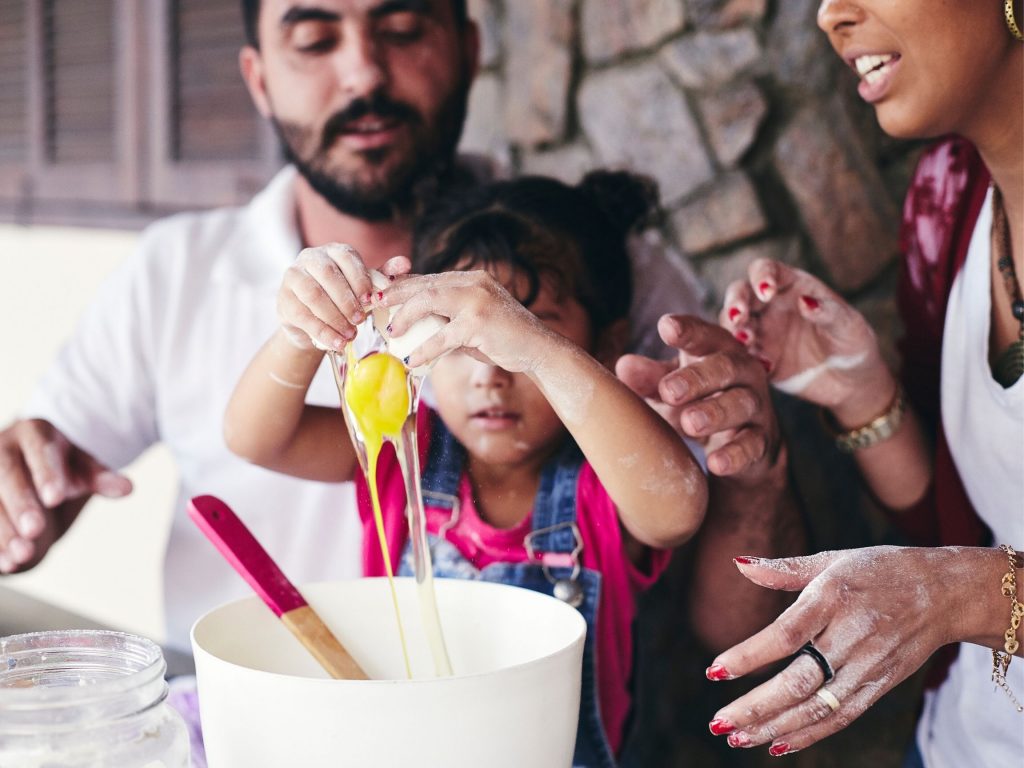
Being a mom is a fulfilling experience but this does not mean you have to be at the beck and call off your children. Some amount of healthy neglect will teach your kids independence, responsibility, and self-help. If you forget a small task, do not berate yourself; especially not in front of the kids. Instead, motivate the kids to do the job on their own without seeking any assistance.
Excessive Regimentation
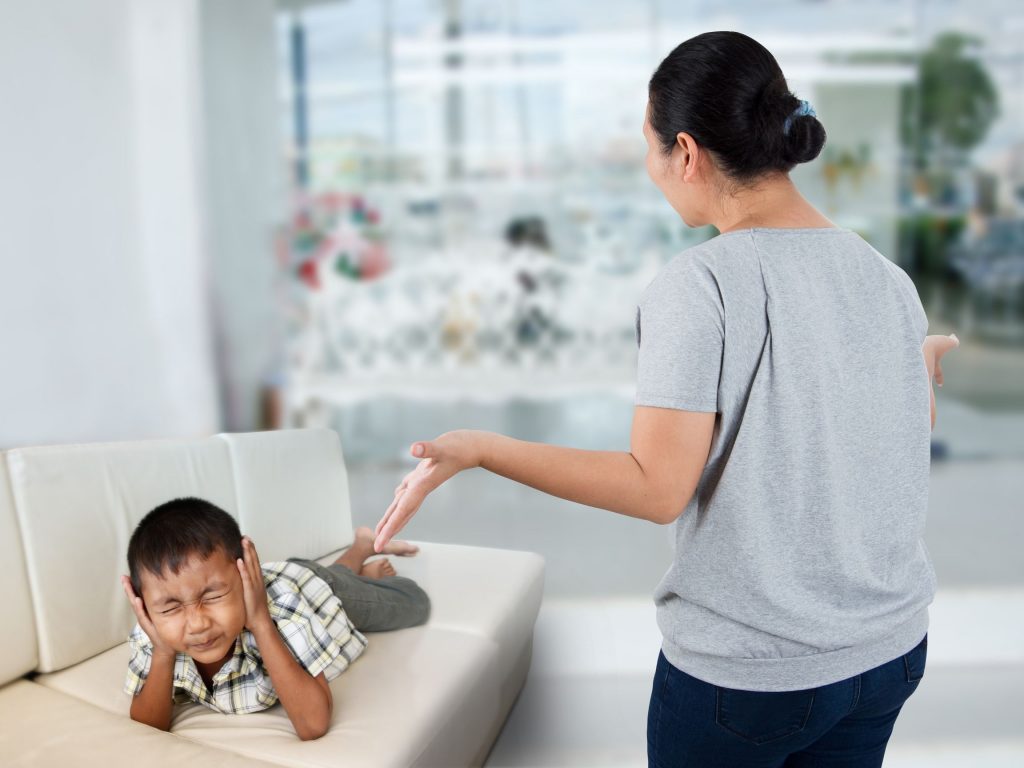
Some discipline and organisation are necessary for every household, otherwise the home environment becomes chaotic. But too much regimentation can be stressful for you as well as the kids. Keep a good balance between house rules and freedom so that there is a pleasant atmosphere and the parent-child relationship is cordial.
Forgetfulness

The question of how to get over working mom guilt is raised most often when you forget a parenting task. You may be rushed off your feet and may forget that it is a sports day in your kid’s school. So your little one goes off wearing the wrong uniform. Should you beat yourself up for forgetting? Instead, what you can do is make a note of the important dates/days when your kid may need extra attention and help. You can also set reminders so that the chances of forgetting can be reduced.
Critics
Know that there will always be some people who will criticise your efforts. Their comments every time you make a mistake in parenting will make it harder to cope with working mom guilt. Constructive criticism is fine if the person is giving you useful information. But petty comments should be ignored if you cannot avoid their company. You are trying your best at maintaining a good work-life balance! Do not let anyone persuade you to think otherwise.

What do kids want from their parents? They just need love and attention. They need to feel that the parents appreciate their efforts. Small children are not judgemental and are usually willing to accept you with faults and everything. Do not let the guilt of a working mom sour a wonderful parent-child relationship.
Be happy!





